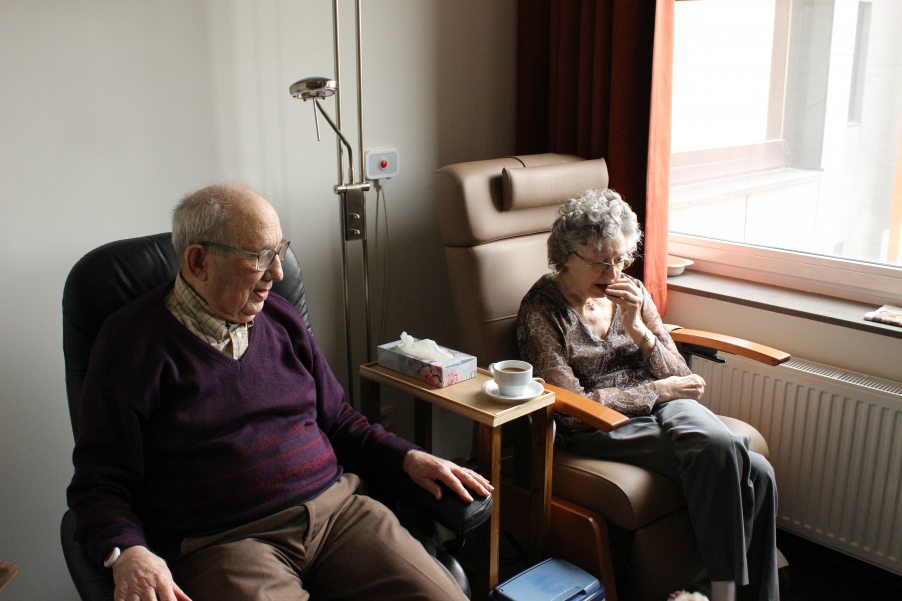Dementia stages
Healthcare professionals talk about the stages of dementia and classify patients against varying levels. It is worth remembering that every patient is different and their rate of deterioration will depend on the dementia disease that they have and other medical and health factors.
Dementia is a progressive disease and therefore has classifications of early, or mild, middle or moderate and severe or late (not to be confused with LATE a newly recognised dementia disease). We have covered the various areas of the disease, although progression depends on diagnosis and the health of the patient. It can be distressing to read what will happen to your loved one but being aware of the stages will help you to plan for the future, and to focus on making as many happy memories with them, while you can. It will also be a distressing time for the dementia patient, so offer them plenty of support and understanding. This is a cruel disease and can be so frightening to lose cognitive functions, so try to be as supportive as you can.
Early
There is very little or no cognitive decline within this stage. By this we mean that the patient is still able to function as they would, there is little evidence of forgetfulness, difficulty concentrating, forgetting the words that they are looking for or, they may start to experience more challenges carrying out some tasks.
Middle
Throughout this period the cognitive decline is much more noticeable and the dementia patient will start to forget recent events as well as finding everyday tasks that we take for granted, such as getting dressed, become much more challenging and confusing to the patient. As this stage progresses they may start to forget their address and recent big life events, including if someone in the family is no longer around. This can be an emotional distressing time and depending on the dementia diagnosis, challenging behaviour such as sundowning or wandering may become prevalent. Towards the end of this stage the dementia patient will struggle to carry out many tasks for themselves, including taking care of their own personal hygiene and will need more all round care. Pay attention to sleep patterns during this stage too, as one of the symptoms of dementia includes erratic sleep patterns.
Late
(Not to be confused with the new dementia definition of "Late Dementia") By the time the dementia patient reaches this stage their cognitive brain function is significantly impaired. If they have not already, it is likely that they will transfer to a care home environment, or having care support within their home up to 24 hours a day. They will no longer be able to communicate as the brain disease symptoms have significantly damaged their brain function. The dementia patient will no longer be able to look after themselves and tasks such as visiting the bathroom will be impossible to carry out unaided. It is during this stage that they can lose the ability to walk.
The 7 Stages of dementia
At some point you might hear someone refer to the 7 stages of dementia. This is known to be a more accurate determination of the person’s symptoms are rated against what is called “the Reisberg scale”. This helps healthcare professionals to identify what stage of dementia the patient is at and to map the disease progression.
Summary
Despite the dementia stages, there are still many things you can do to support the dementia patient and with the right support, it is still possible to support them to live a fulfilling life and for you to make memories together while doing so. The impact of the disease is so cruel but research into therapies has identified a number of alternatives that can help support and engage a patient, music being one of these. Similarly research is being undertaken all the while to identify possible cures or medications that can reduce or delay the onset of dementia symptoms. Surround yourself with a good support network if you are the main care-giver and make sure you provide some time for you.
Free care finding service





